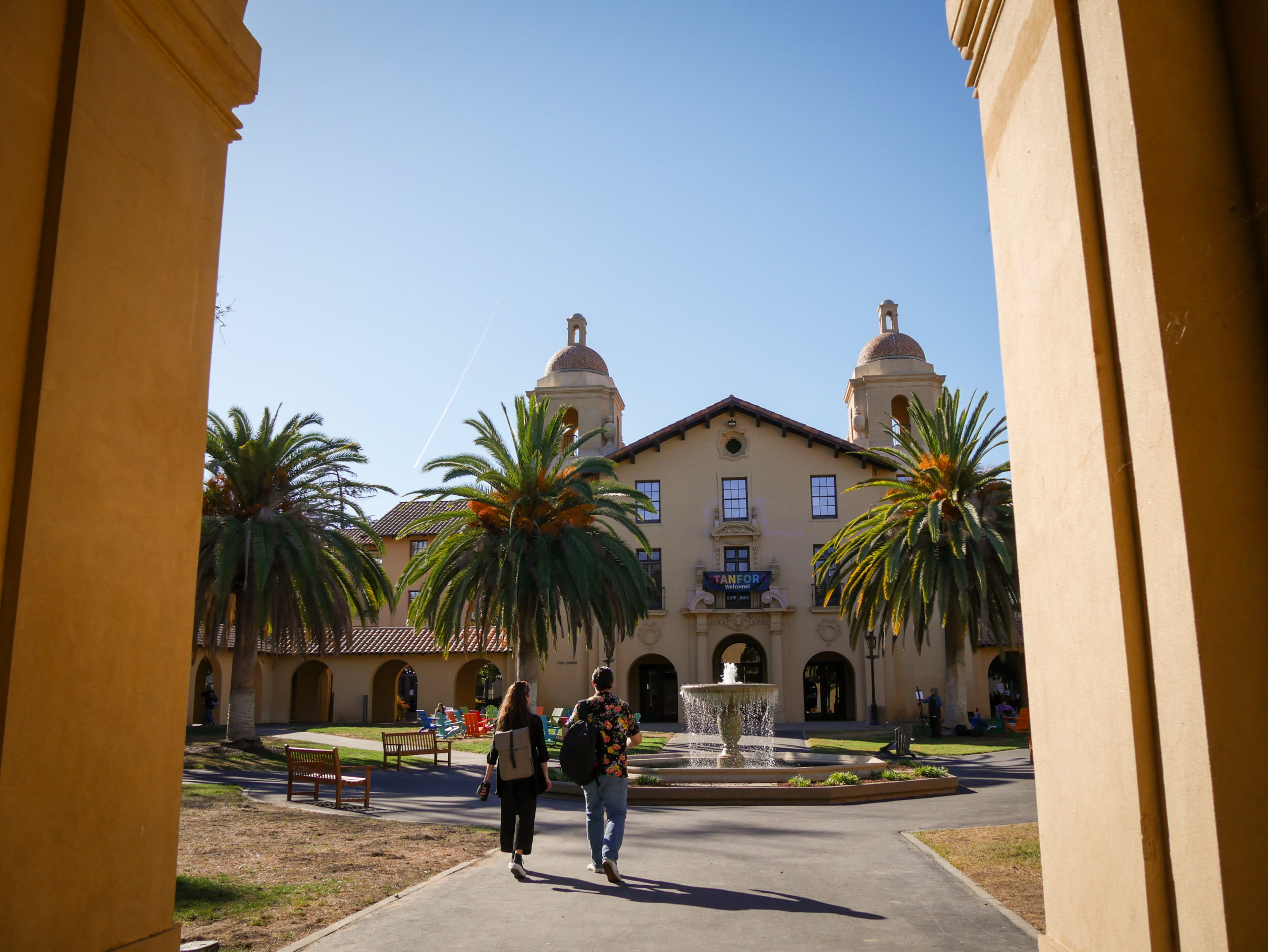The Undergraduate Senate (UGS) reviewed proposed changes to a resolution on the future of affirmative action at its Wednesday meeting.
The Senate introduced the resolution as a joint resolution with the Graduate Student Council (GSC) at its Sept. 27 meeting. The resolution affirmed the importance of maintaining a diverse student body and recommended new policies to the University to improve the admission and retention of students from underrepresented backgrounds.
Among the proposed changes to the resolution was the removal of a clause about parental occupation — a proxy for household income in admissions. Senators debated the inclusion of language that assumes that students with legacy and philanthropy status receive explicit favoritism in the admissions process (like a recommendation that would eliminate preferences for applicants with a legacy and philanthropy background).
Several senators, including Dilan Desir ’26, opposed the parental occupation clause, since parental occupation is not always a clear indicator of household income.
“I think the real harm, to me, is if the University makes official language that says, ‘Hey, we will be looking at your parents’ occupation as a way to guess your income,'” Desir said. This consideration may discourage students from applying to Stanford, Desir said.
Senate co-chair Diego Kagurabadza ’25, who co-authored the resolution, defended the importance of parental occupation as an approach to factor socioeconomic status into the admissions process. He said that the University cannot directly ask about a student’s household income since it practices need-blind admissions.
“I get that it’s not a perfect proxy,” Kagurabadza acknowledged. “But I think the issue then becomes, ‘What is the alternative?'”
Co-Chair Ritwik Tati ’25 agreed. Tati suggested that the resolution’s recommendations are designed for an imperfect system.
“We’re trying to just ensure that this decision about affirmative action doesn’t go unnoticed, so we want to provide as much guidance to the University as possible,” Tati said.
Senators considered a change to one section of the resolution that, as it is currently written, assumes some undergraduate students admitted last fall benefited from legacy or philanthropy status.
Senator Isaac Nehring ’26 suggested the language change to acknowledge the role of legacy and philanthropy status in the admissions process, rather than presuming a benefit due to this status.
Kagurabadza pushed back and characterized the proposal as “unnecessary softening of the language.”
Nehring further supported an amendment to a clause originally urging the University to eliminate legacy and philanthropy preferences entirely in favor of language that would push the University to reconsider the weight of these preferences.
The resolution and potential changes will be further discussed with the GSC before a vote planned for week four of the quarter.
ASSU Executive President Sophia Danielpour ’24 announced that applications for the ASSU Constitutional Council were open.
Senator Joy Molloy ’25 shared the launch of the application process for the Senate Associate Program, a mentorship program matching undergraduates interested in student governance with current senators.
